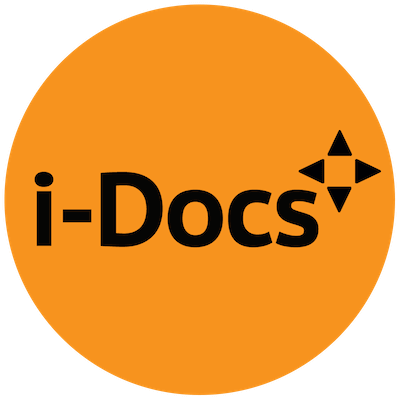Having just finished the third episode of the personalised interactive documentary series ‘Do Not Track‘, i’m left thinking: How can something as innocuous as a Facebook ‘Like’ be responsible for building such an in-depth profile of my personality?
A collaborative production from the NFB, Arte, Upian, Do Not Track is the brain-child of Brett Gaylor, whose previous work at Mozilla – as VP of their Web Maker program which advocates digital literacy – positions him well within this territory.
The series is broken down into seven short episodes, each tackling a different issue within the larger context of privacy and the web economy. Whereas the last couple of episodes focused more on tracking and advertisement on the web, both informative and well done, it was this one on Facebook that got me reaching for the tinfoil.
I think my reaction in part is a rejection of this simplification of my personality – we like to think of ourselves as complex and individual, but when an algorithm boils you down to a point on a chart, that individuality is stripped away. You become part of a correlation, which in my case, makes me apparently too risky for health insurance cover.
I knew Facebook – amongst others – scrapes my data, but I really wasn’t aware of just how it is interpreted. This is where the use of personalisation in ‘Do Not Track’ is so effective as a narrative device. We’re constantly cautioned about data-mining and online privacy, but until you realise exactly how it affects you – both right now and in the future – it’s pretty easy to ignore.
This is also not helped by the rhetoric around online privacy which is often hard to penetrate and, even if you do understand, how do you make the leap to knowing how it affects you. (John Oliver covered this issue brilliantly during his recent interview with Edward Snowden).
This is why this topic works so well as an online, interactive documentary. I watched Citizenfour – it was great, of course it was, it won an Oscar for being great. But the interviews with Snowden were complex. Even when he gave practical solutions – advocating the need for end-to-end encryption, personal VPN’s etc – everything discussed was on such a huge, mind-blowing scale, by the time I got to the end, I was so overwhelmed with information, I felt powerless. I did nothing to change my online behaviour and i’m sure i’m not the only one.

My Facebook data – I had forgotten I had ever even liked Photobox and i’m not sure what Curious Tourist even is…
However, by breaking down these huge issues into episodes, Do Not Track doesn’t overwhelm, instead it seeks to put you back into control. At the end of each episode, there are practical links to tools which can restore some power, as well as contextual articles on each topic if you want to dig deeper.
For example, after episode one there was a list of browser add-ons that stop, or at least limit tracking. After episode two, a step-by-step for how to disable cookies for each main browser type and for this recent episode, a Facebook page unliker – which gave me some clues as to the results of my risk-taking personality profile…
I’ve had Facebook since 2007. At 18 I had no idea what online privacy was and no clue about the trail of data I going to be leaving over the next eight years and it could affect things like whether i’m suitable for a loan or health insurance. I’ve ‘liked’ at least 145 things on Facebook, most of which I would break down as follows:
Which, according to the data analysis on Do Not Track, my high scores in extraversion and openness, combined with my age and the fact i’m female (!) means I would not be a suitable candidate for health insurance.
These are not things i’m worrying about at the moment – we have the NHS in the UK for a start. But as we further integrate social networks into our lives, more companies will want to leverage the data from them. Lenddo, an online loan company is already doing it:
Sandra Gaudenzi recently pointed out in her interview with Blast Theory’s Matt Adams, that at the same time there is such a heavy focus VR as the ‘future of storytelling’ -personalisation is a different direction and at the moment it’s much quieter. Perhaps these projects will provide inspiration for the next round of interactive work.
By using the methods and tools trackers use and subverting them to draw focus to these issues, Do Not Track is truly a documentary of the web and for the web. It hits that sweet spot that interactive documentaries are looking for; it wouldn’t be so effective if it was a linear, traditional documentary. The creators have used the platform in an effort for you as the audience to not only understand, but experience what tracking means:
We want to help you understand the exchange of value when you volunteer information online. We want you to know when it’s happening without your permission. We want you to be in control, and we want to pique your curiosity.
Episode 4 of Do Not Track will be released on May 12 – in the meantime, catch up on the first three episodes if you haven’t seen them already!



